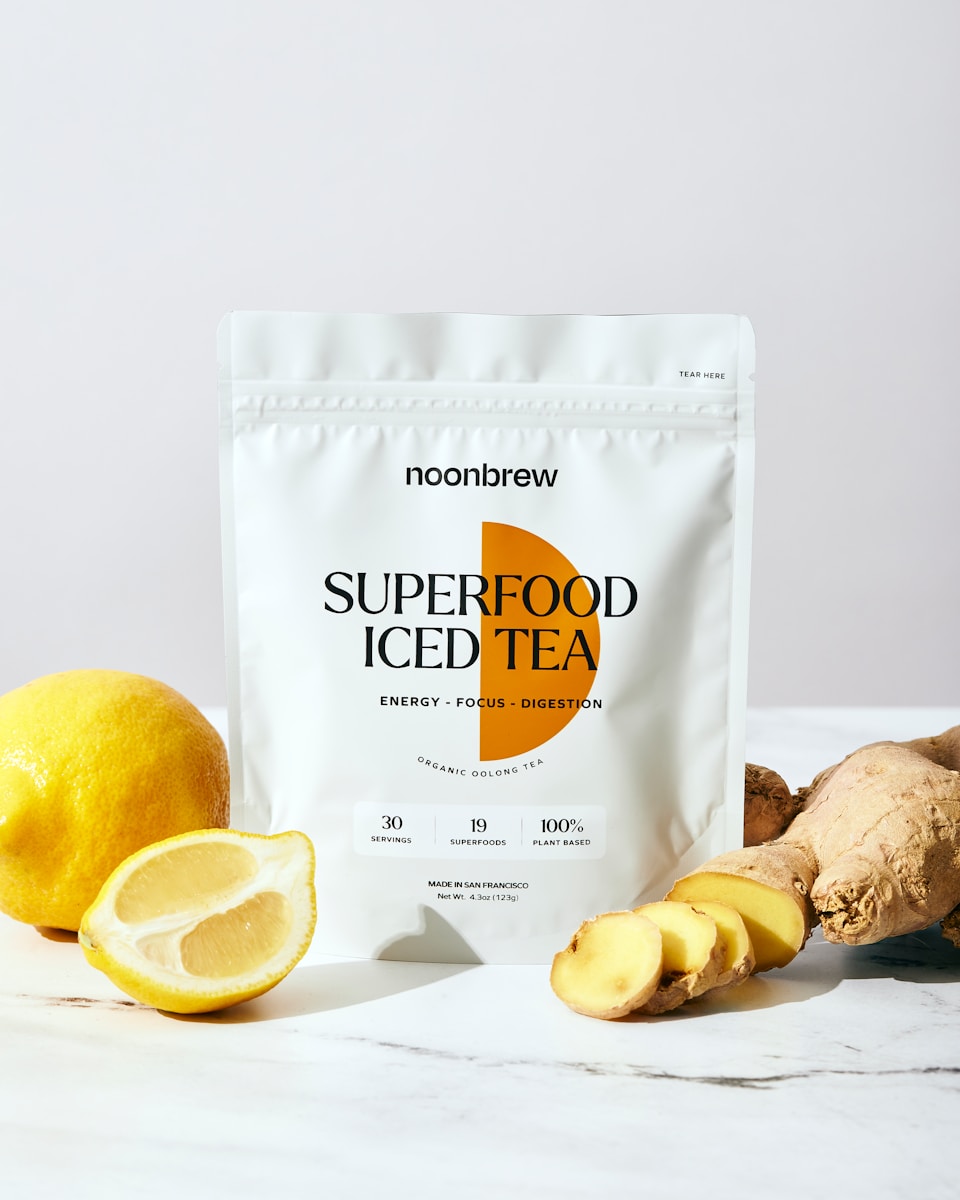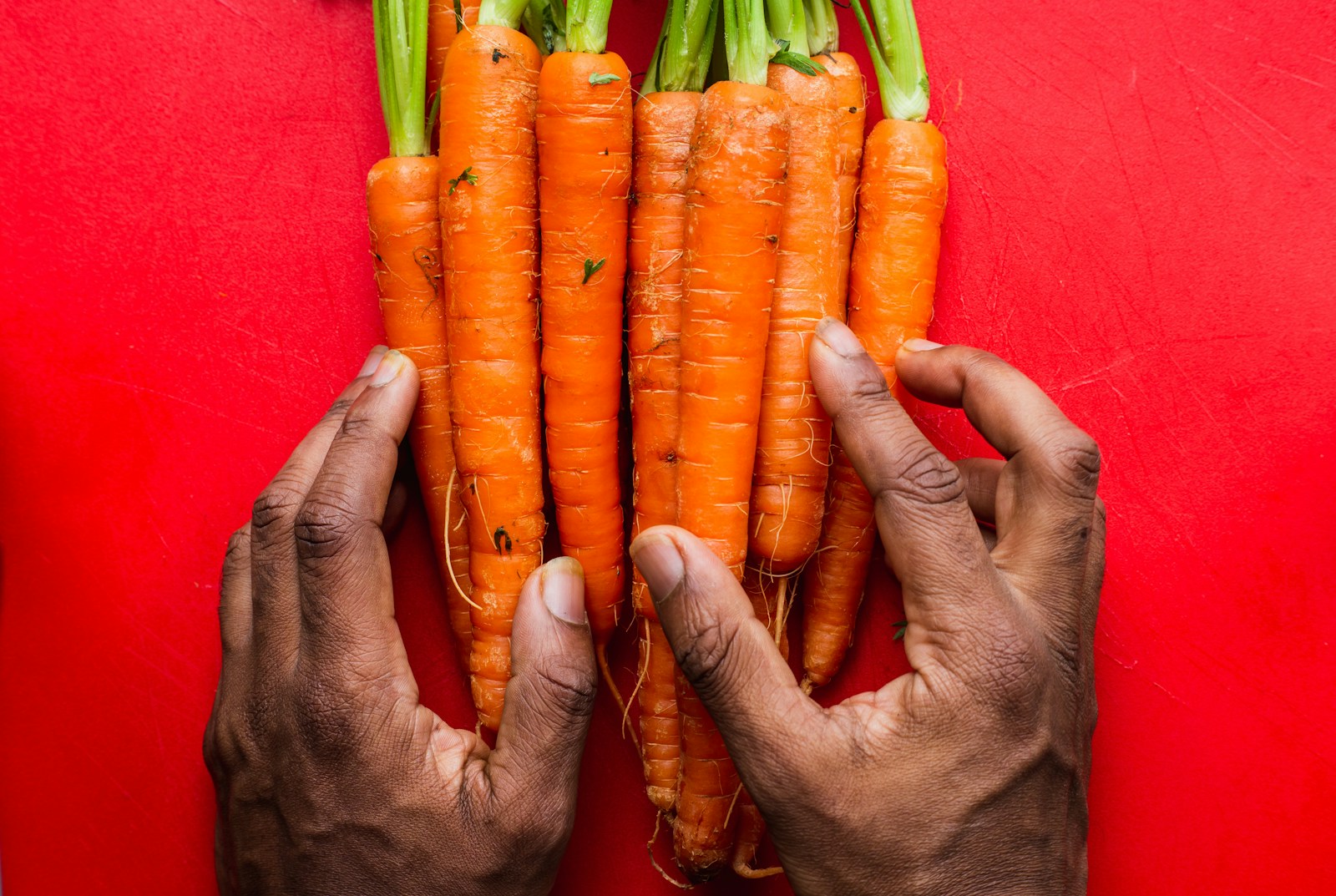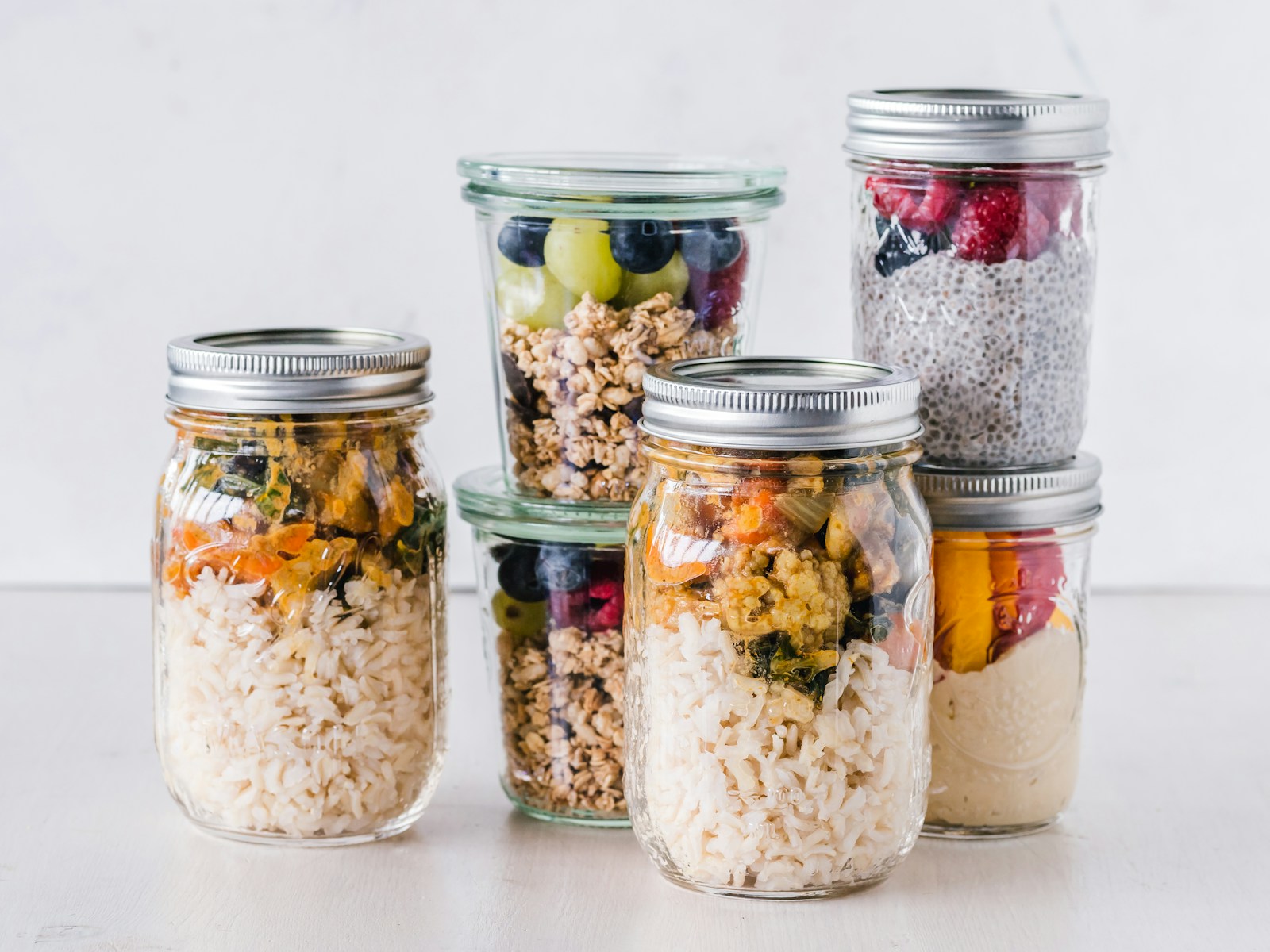What is Nutrition?
In order to truly define food, we must first understand the concept of nutrition.
Nutrition can be described as “The process by which a living organism utilizes food and uses it to maintain and support life.” Wildwood College of Health Evangelism
I find this definition rather insightful as it also allows us to immediately identify the function of food. It would stand to reason that food is what we consume that helps to maintain us and support our life. If what we eat as humans does not maintain and support life, then what does it do? Your thinking is correct. It would do the opposite.
One of the most simple yet underrated understandings about food is that ” Food is meant to nourish and serve us, not deplete us.”
According to the Food and Agriculture Organization (FAO) of the United Nations:
“Food means any substance, whether processed, semi-processed, or raw, which is intended for human consumption, and includes drink, chewing gum and any substance which has been used in the manufacture, preparation or treatment of food.”
I would like you to give thought to the following; Based on the function of food, should any substance, although meant for human consumption, be considered as real food?




